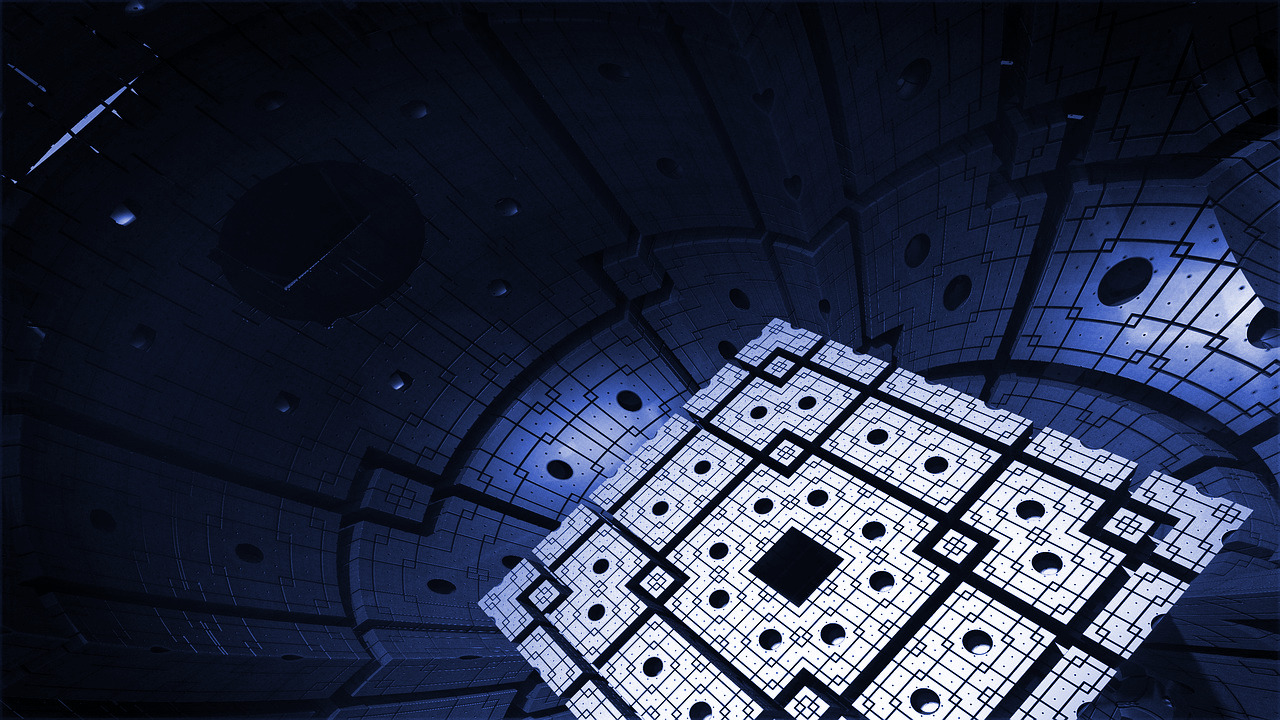Understanding the Different Types of Computer Hardware & Their Impact on Performance
 A computer comprises of numerous physical components, collectively known as the computer hardware. These components include the CPU, RAM, storage and I/O devices which are essential for a PC to function smoothly. Each component plays a vital role in the computer system’s overall performance.
A computer comprises of numerous physical components, collectively known as the computer hardware. These components include the CPU, RAM, storage and I/O devices which are essential for a PC to function smoothly. Each component plays a vital role in the computer system’s overall performance.
CPU – The Brain of the Computer
CPUs are the brains of computers. They undertake all the computations, from basic arithmetic to complex logical operations. The measure of performance for a CPU is its clock speed in GHz, which determines how quickly it can process data. The higher the clock speed, the better the CPU can perform operations.
Memory – The Short-term Storage of the Computer
Memory, also known as RAM, is the short-term storage of the computer. Memory is a critical part of the computer’s functioning as it stores data and programs that the CPU needs to access. The more memory a computer has, the better its performance as it can access information faster.
Storage Devices – The Long-term Storage of the Computer
To keep your data secure for the long term, storage devices like HDD and SSD are most often used. These solutions are reliable & efficient for the preservation of all kinds of programs and files. HDDs are slower than SSDs but have a higher storage capacity, while SSDs are faster but have a lower storage capacity. The type of storage device used can impact the computer system’s overall performance.
Graphics Processing Unit (GPU) – For Enhanced Visual Performance
The GPU is a specialized processor designed for handling graphical tasks. It is used to enhance the visual performance of the computer system, particularly in tasks such as gaming and video editing. The performance of the GPU is measured by its clock speed, memory, and number of cores.
Understanding the different types of computer hardware and their impact on performance is crucial when building or upgrading a computer system. The CPU, memory, storage devices, and GPU all play vital roles in the computer system’s overall performance.
When selecting components, it is important to consider the specific needs of the user and the tasks that the computer system will be used for. By selecting the right hardware components, users can maximize the performance of their computer systems.





